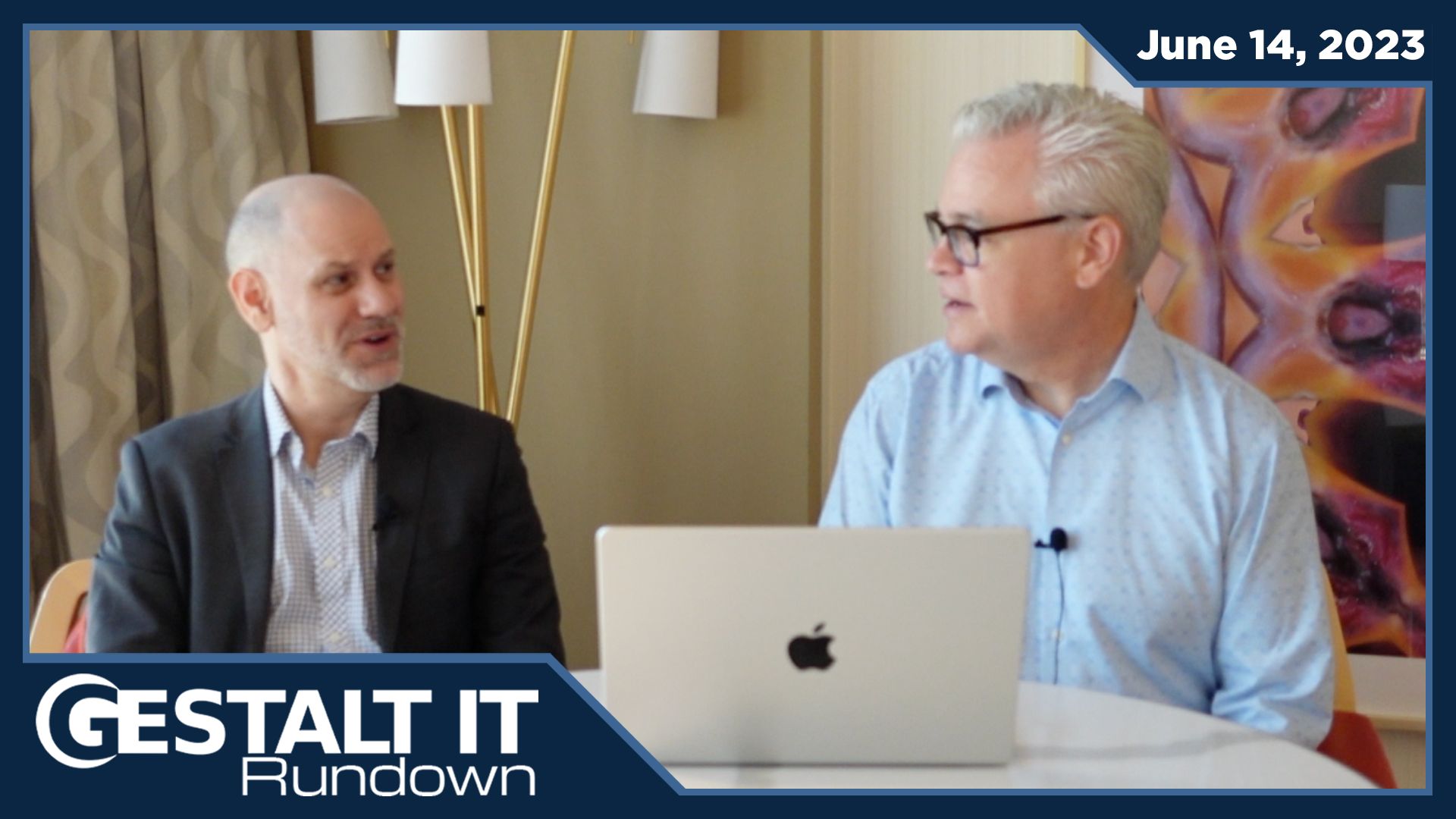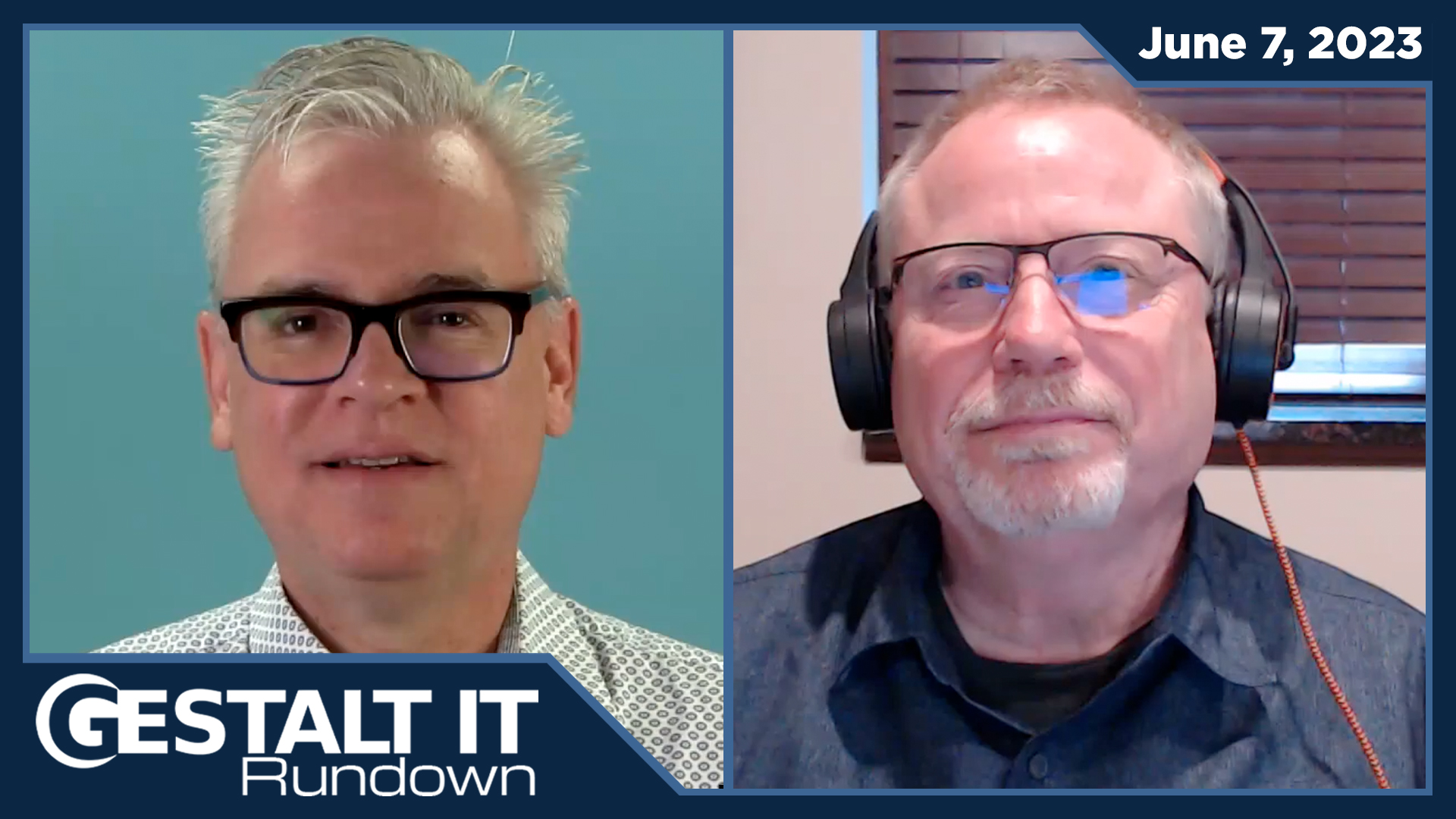This is a big week for NVIDIA as they held their GTC show and talked about all the newest advances they’ve been working on. And not to be outdone, AMD also had some big announcements this week. We discuss these stories and more on this week’s Rundown.
VIA Centaur Gallops off to Intel? | 0:40
We’re jumping right in to the news this week with a curious acquisition. VIA announced this week that they are offloading parts of the x86 subsidiary, Centaur to Intel for $125 million. Normally you’d be hearing about how Intel is going to capitalize on the new technology, focused on deep learning, or how they were planning on integrating that capability into their existing products, right? Except Intel has been quiet on the announcement and the agreement appears to only involve allowing Intel to recruit personnel from VIA to be hired at Intel. When reached for comment by Anandtech, Intel merely confirmed the deal and VIA didn’t respond.
Read More: AnandTech: VIA to Offload Parts of x86 Subsidiary Centaur to Intel for $125 Million
5G Rollout Grounded Because of FAA | 3:04
The FAA isn’t just making you shut down your phones for takeoff. According to reports from the Wall Street Journal, they’ve successfully convinced AT&T and Verizon to delay the implementation of new 5G spectrum frequencies due to potential impacts on equipment. The C-Band, which represents the frequency just above CBRS that has been used for years for satellite TV, was scheduled to take place on December 5. The FAA said that if the rollout hadn’t been paused that the organization would have had to direct pilots of limit use of some automated cockpit systems, such as ILS, that could have disrupted flight operations. The FCC had already pushed back against the FAA’s concerns but it appears there will be more research done before there’s more 5G bandwidth.
Read More: Wall Street Journal: AT&T, Verizon to Delay 5G Rollout Over FAA’s Airplane Safety Concerns
Ondat Reveals SaaS Platform | 8:09
Last week at Cloud Field Day, Ondat (formerly known as StorageOS) talked about their new SaaS platform. This isn’t an orchestrator for containers or something aimed at hosting data in a specific cloud environment. Instead it’s a platform designed to help onboard customers and help them manage their resources across multiple clouds. Stephen, you were in the room during the presentation. What are your thoughts on this new offering?
Watch More Here:
Cisco Accendental Credential Exposure | 10:46
When is a 10/10 not a good thing? When it’s a new critical vulnerability in your optical switches. Cisco got hit with a new exploit this week that involves what they’re calling an “unintentional debugging credential”. This backdoor allows for root-level privileges on the switches. Cisco claims that the bug is only exploitable if you have telnet enabled on the switch and that it is disabled by default so everyone’s safe, right? Because no one would ever use telnet. No word yet on when a patch that removes the backdoor will be released.
MemVerge’s Big Memory Cloud | 13:50
Another news item from Cloud Field Day is all about MemVerge. They announced their Big Memory Cloud offering, which is designed to help organizations that want to use multi-cloud properly but haven’t been able to rewrite their applications to be stateless. Big Memory Cloud captures applications data to allow stateful applications to be restarted from a point in time should they fail or need to be migrated.
Watch More Here:
NVIDIA GTC Announcements | 17:30
This is a big week for NVIDIA as they held their GTC show and talked about all the newest advances they’ve been working on. Topping the list was the new focus on the metaverse, which is a term used by companies to talk about VR and make it sound cool again. NVIDIA is using the term “omniverse” and released products designed to help build digital twins as well as full-featured interactive AIs. The enterprise side of the house also got some news as Triton looks to improve inference AI for enterprise use and NeMo Megatron is trying to assist with natural language training models. Last but not least was a zero trust platform based on BlueField DPUs, DOCA, and the Morpheus cybersecurity AI framework.
AMD Strikes Back | 24:22
Not to be outdone, AMD also had some big announcements this week. In the virtual event held on November 8th AMD talked about additions to the EPYC lineup of chips. The Genoa chip is scheduled to be released late in 2022 and is a server CPU that focuses on high per-core performance. The newest addition to the lineup is Bergamo, a cloud-native CPU that focuses on thread performance. Genoa is going to pack a massive 96 cores per die and Bergamo will have 128 cores. AMD also showed off a new addition to their workstation GPU accelerator lineup, the MI200, which is purpose-built to help offload CPU tasks into the GPU cores.
Read More: Serve The Home: AMD Bergamo to hit 128 Cores and Genoa at 96 Cores
The Week Ahead | 35:39
Supercomputing21 is November 14-19
AWS re:Invent is November 29- December 2
The Gestalt IT Rundown is a live weekly look at the IT news of the week. It broadcasts live on Facebook every Wednesday at 12:30pm ET. To watch along, “Like” our Facebook page. Be sure to subscribe to Gestalt IT on YouTube for even more weekly video content.




